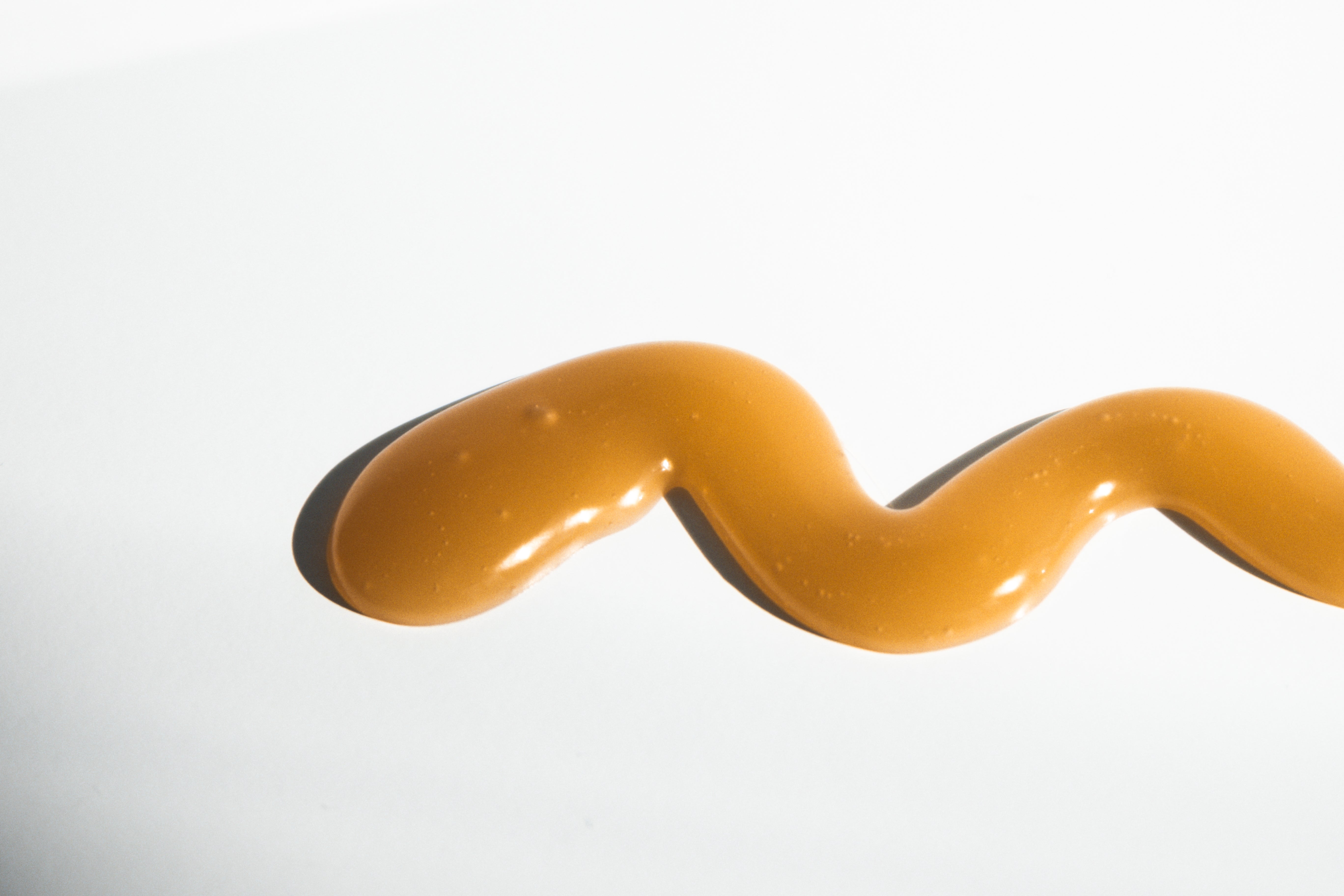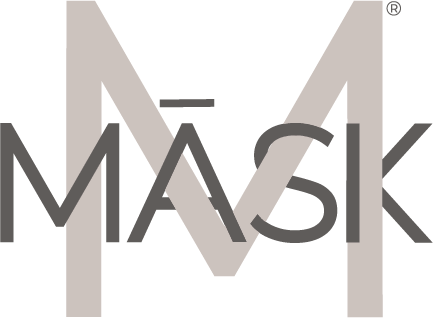The Rise of CBD and THC Use in Breast Cancer Patients

For many people going through medical challenges, CBD has provided relief from anxiety, stress, pain, and inflammation. Some reach for it to help them sleep better while battling health issues; others use it regularly to help combat the fear and worry that a health crisis can awaken.
And for an increasing number of breast cancer patients in the U.S., hemp-derived CBD and marijuana-derived THC are figuring into their cancer care—but many may not be sharing this news with their doctors.
With the rise of CBD and THC use in breast cancer patients, we’re exploring their growing popularity, the importance of sharing the use of cannabinoids with your doctor during cancer treatment, and what to do if your doctor is not well-versed in using cannabis for cancer care.
Nearly half of U.S. breast cancer patients are using CBD or THC
In a recently published article, U.S. News & World Report cited a revealing statistic: In a new online survey, it was found that “almost half of all people with breast cancer use marijuana or CBD, often during treatment to ease side effects including pain, anxiety, insomnia and nausea.
” However, it wasn’t just the volume of patients using these cannabinoids that was eye-opening, but the fact that the survey also revealed that most of them were not sharing their cannabinoid use with their doctor.
75% of those patients surveyed said the cannabis they used was “extremely helpful or very helpful in relieving their symptoms.” Further, the survey notes, “Of 610 adults who were diagnosed with breast cancer within the past five years, 42% said they used cannabis for symptom relief. Of these, 79% used cannabis products during breast cancer treatment,” including both CBD and THC products.
What to know about CBD, THC, and cancer
With the ever-growing popularity of CBD and THC among cancer patients that this survey reflects, it’s more important than ever to understand how these cannabinoids may support or hinder cancer treatment.
Dr. Marisa Weiss, founder and chief medical officer of breastcancer.org and breasthealth.org, wants patients to understand how crucial it is that they are transparent with their doctors about using cannabis products while battling cancer.
Not doing so may be very risky. Dr. Weiss tells U.S. News & World Report, “‘Some chemotherapy drugs are broken down by the same part of the liver that cannabis is, and you don't want to overtax the liver.” And, she adds, “‘Smoking or vaping when receiving radiation or other therapies to your chest could affect lung function.’”
Dr. Weiss recognizes that cannabis “‘isn’t necessarily bad for you, and it may very well have some benefits.’” But your doctors should know exactly what you’re using so they can best tailor your treatment in a way that’s just as safe as it is effective.
And while some people experience relief while using CBD and THC during cancer treatment, the survey also found that nearly half of cannabis users believed that cannabis cures cancer. It does not.
Because many people rely on anecdotal evidence from friends and family instead of information from their doctors, misinformation and disconnects around what cannabinoids can do for cancer persist.
How to talk to your doctor about using CBD and THC for cancer
Dr. Weiss understands the reticence of some patients to talk to their doctor about a course of cancer treatment that includes CBD and THC. She tells U.S. News,
“‘Marijuana is still illegal at the federal level so that may inhibit people from talking to their doctor, and some may be fearful that it could be placed on their medical records. Others don't want to be judged and don't think their doctor is likely to know much about it anyway.’”
If you try to speak to your doctor and they are not willing to have the discussion, Weiss suggests considering finding a doctor who will. Look for a doctor who is knowledgeable about cannabis and cancer treatment, or is at least open to learning more as it pertains to your unique treatment.
Here are some tips on how to talk to your doctor about using CBD and THC for cancer:
Start the conversation
As with anything you take, you should be transparent with your doctor about what you’re taking—especially during the course of breast cancer treatment. Vitamins, supplements, and herbs may seem harmless, but some can interact and interfere with breast cancer treatments, and cannabis products are no exception. It’s understandable to seek relief from the side effects of treatment that can be grueling, but ensuring your safety and protecting your health is a top priority.
Consider a doctor in a medical marijuana program
“If you live in a place where medical marijuana is legal, make an appointment with a doctor who participates in your state or country’s medical marijuana program,” suggests breastcancer.org. Doctors in these programs are trained and certified to “qualify patients for medical cannabis and oversee their care. Some states also certify trained nurses, physician’s assistants, and pharmacists to qualify patients for medical cannabis.”
Find a trusted dispensary
Like having a trusted doctor to govern your cancer care, finding a dispensary you can trust may go a long way in helping to answer any questions or concerns you have, and to help you find the right dosage.
You can call ahead of time to see if there is a trained pharmacist or doctor on staff, or any trained staff member who is specialized in helping cancer patients. Be sure to share your current list of medications and supplements, and any allergies you may have, as well.
Ask questions
When it comes to breast cancer and cannabis, questions are your best friend. Don’t be afraid to ask your doctor and dispensary staff members as many questions as it takes for you to feel confident in your care.
You want to know the differences you can expect from taking non-psychoactive CBD vs. THC, which may make you feel “high.” You also want to make sure you know how your cannabinoids are sourced, if they’re organic, if they expire, and if there is a certificate of analysis (COA) that tells you if they’ve been tested for safety and efficacy by a third party.
Just as no two breast cancer treatments are exactly alike, cannabis products work differently for everyone. Having a trusted doctor who can support your decision to use CBD and THC and help ensure it’s safe to do so may make a positive impact in how you navigate your cancer treatment.




